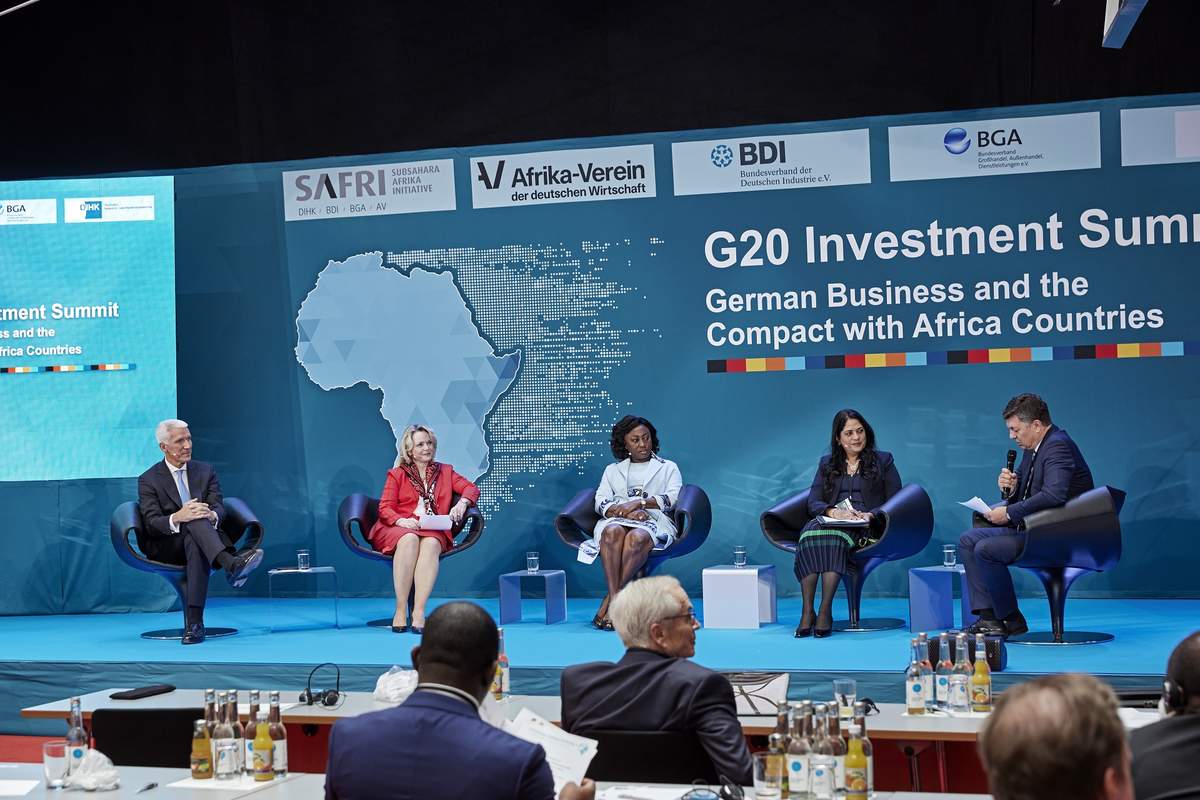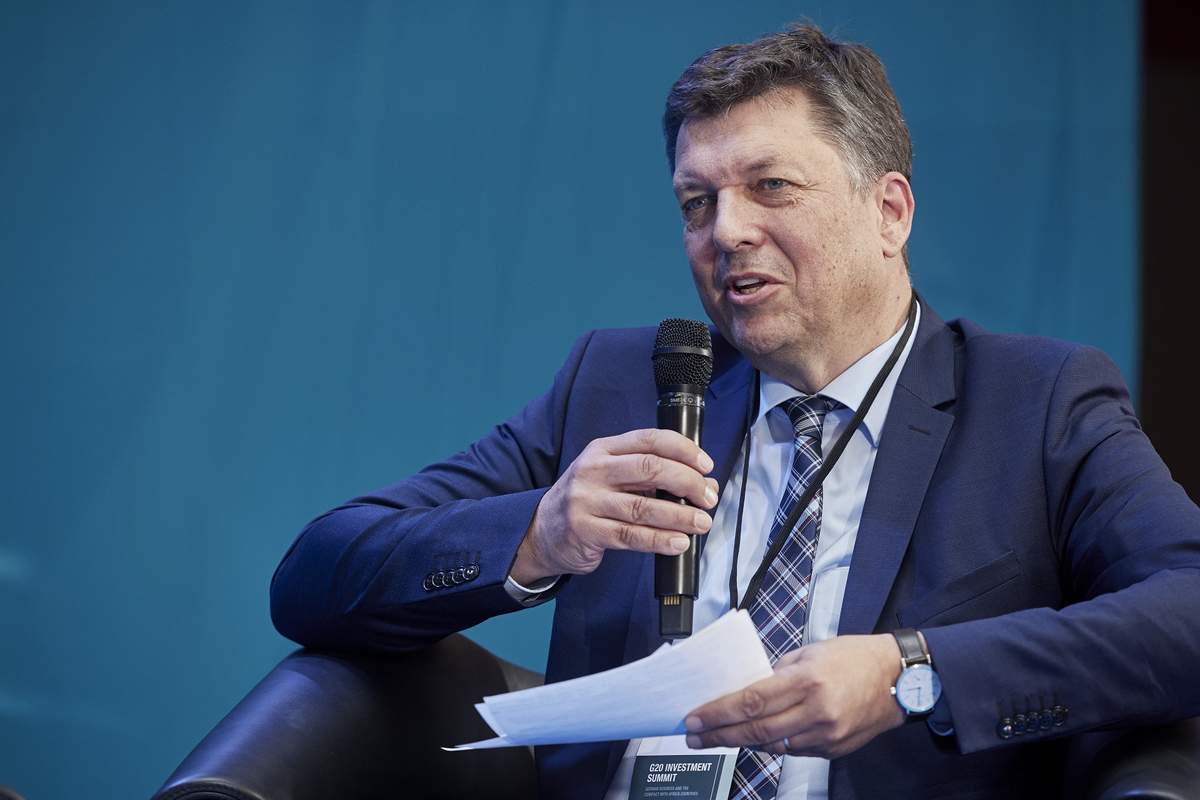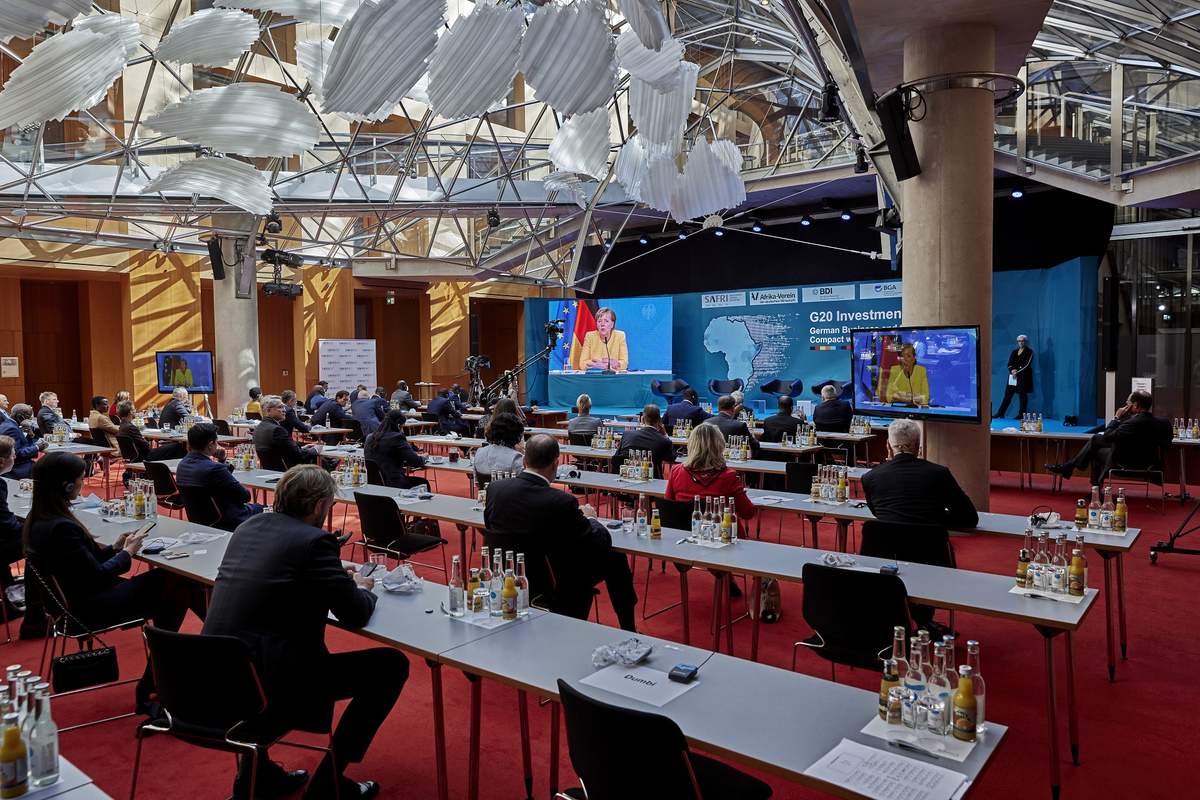
Future market Afrika © Unsplash/Stephan Louis
Compact with Africa – A successful initiative?
German companies are underrepresented in investments on the African continent compared to other world regions. Only about one percent of all German direct foreign investment go to Africa. Nevertheless, Heinz-Walter Große, Chairman of the Sub-Saharan Africa Initiative of German Business (SAFRI), is convinced that things are improving. "The stock of German direct investments has risen to over twelve billion Euros, German companies employ around 220,000 people on the continent," says Große.
To attract further investment from German companies, a favourable investment climate must be in place locally. This includes legal certainty, good governance, anti-corruption, reliable infrastructure, well-trained specialists and managers as well as regional economic integration. Under the “Compact with Africa” (CwA) initiative, participating countries have committed to implement reforms to facilitate investment.
Getting the COVID19 pandemic under control
Fighting the global Corona pandemic and its economic impact remain at the forefront this year. South African President, Cyril Ramaphosa, stresses that Africa will not recover until people are vaccinated against the Corona virus. In many African countries, vaccination rates remain at a very low level. Currently, eight out of every 100 people in Africa are vaccinated. In Germany, the number is 71.
The key to economic recovery is to get the pandemic under control. Scaling up vaccine production at suitable locations in Africa can also be a solution. The protection of intellectual property for companies is the prerequisite for investment in this high technology.
"Compact with Africa" is working
Politicians and business leaders are united in their assessment of the CwA initiative: German companies make an important contribution to value creation, create skilled jobs and offer concrete solutions for the people on site with new technologies. Federal Chancellor Angela Merkel emphasises: "The “Compact with Africa” is working. In most Compact countries, the business environment has improved through reforms.”
For companies, however, the selection of CwA countries is suboptimal: the continent's large and dynamic markets such as South Africa, Kenya or Nigeria have not been part of the initiative so far. The goal should be to include more African countries in the initiative.
To-do list for the new Federal Government
Africa remains a continent with great potential. To attract more investment, the following is crucial:
- Promoting market integration: The implementations of the Economic Partnership Agreements (EPAs) and the African Continental Free Trade Area (AfCFTA) are therefore important political prerequisites which the future German government should proactively promote.
- Harnessing the innovative power of companies and new technologies to solve global challenges: The BDI advocates for a fundamental reorientation of German development policy. "We need a new start: development policy must be more courageous, more innovative and must be redesigned using the forces of the market” emphasises Niedermark.
- Recognising green hydrogen as a future energy carrier: Many African countries have the climatic and meteorological conditions to produce green hydrogen and have presented their own plans to build a hydrogen economy. German companies are well positioned as technology leaders in many areas of the hydrogen value chain. This opportunity should be seized in terms of new win-win partnerships.
Background: G20 investment summit
BDI is actively involved in the implementation of the CwA initiative through SAFRI and is a partner of the G20 Investment Summit. So far, twelve African countries have joined the CwA initiative: Benin, Burkina Faso, Côte d'Ivoire, Egypt, Ethiopia, Ghana, Guinea, Morocco, Rwanda, Senegal, Togo, and Tunisia. In return, the governments of the G20 countries have committed themselves to supporting these countries in their search for investors.






